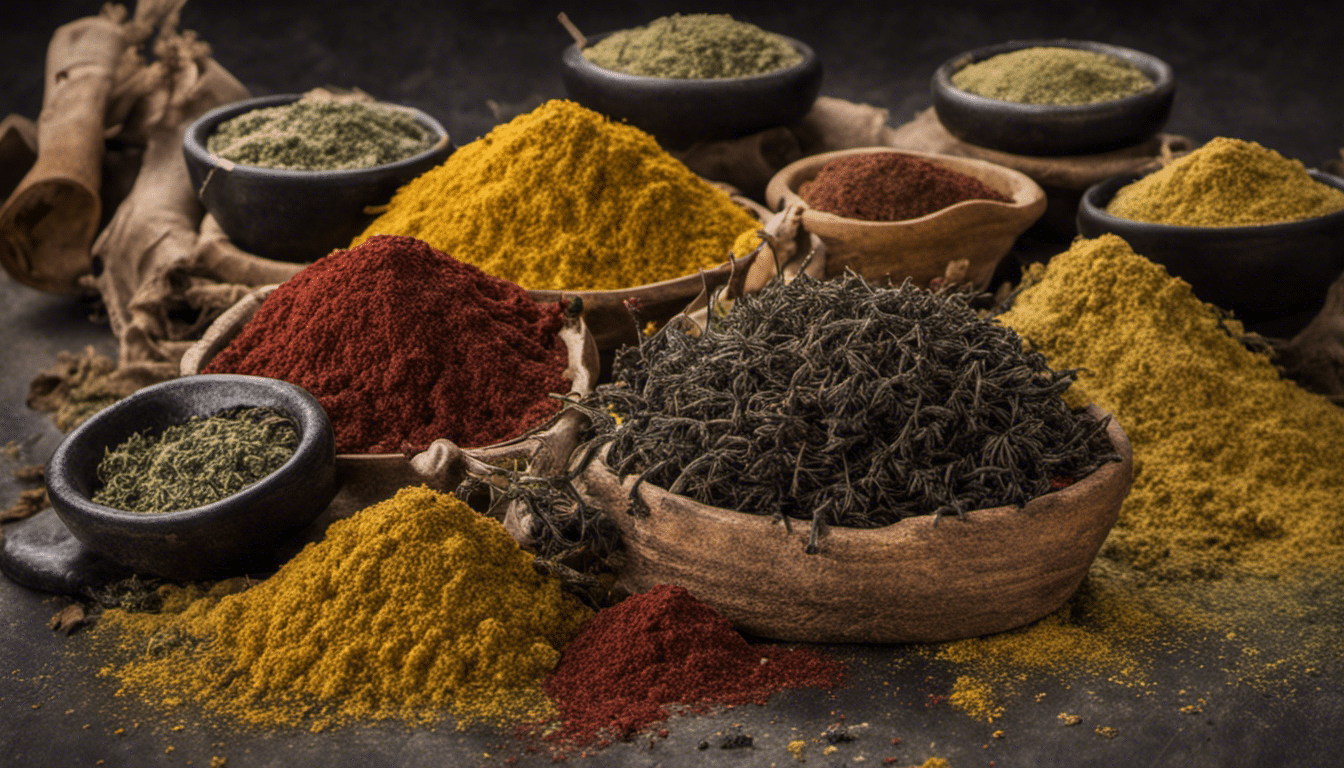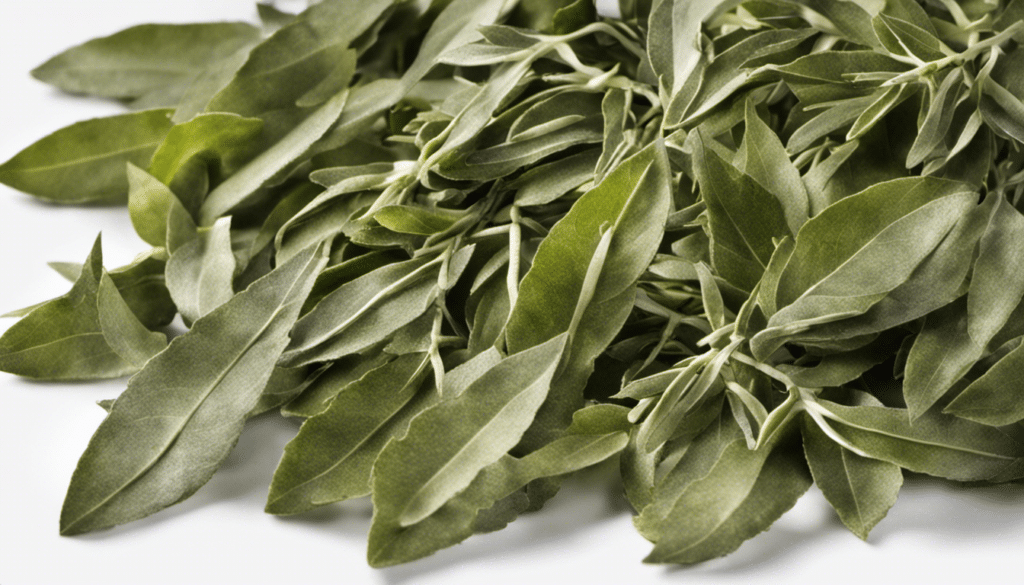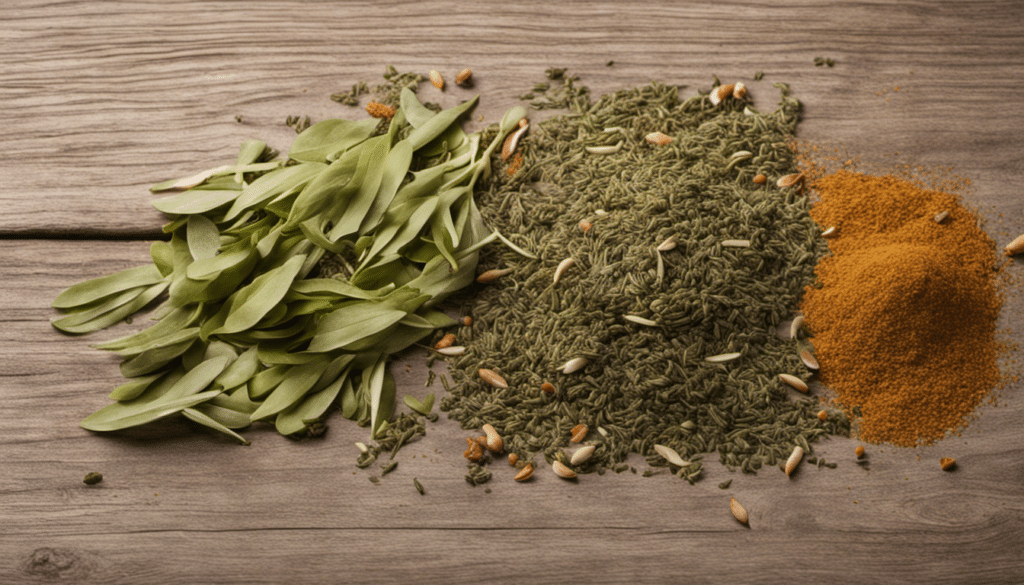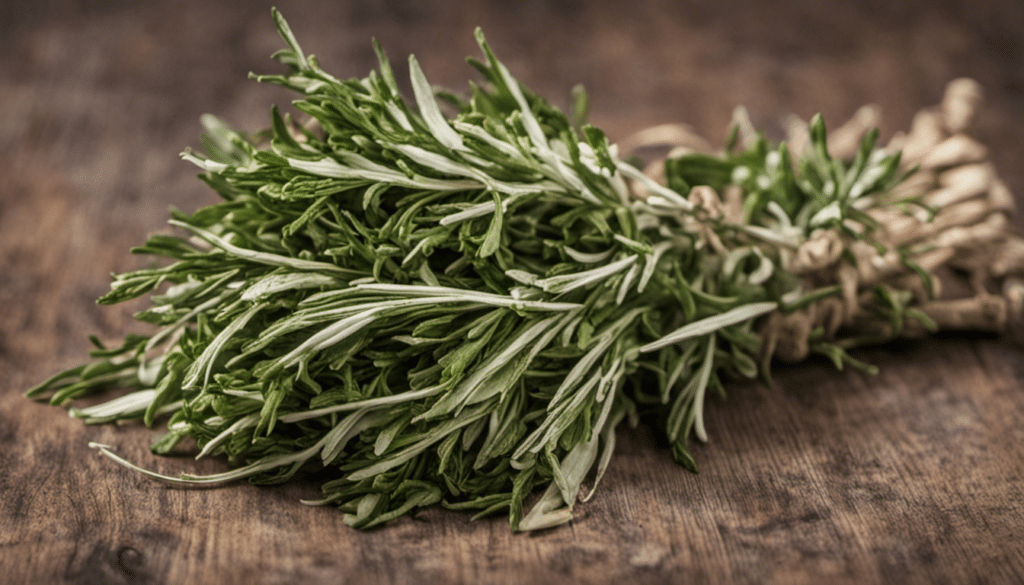Everything You Need to Know About Black Mustard

Black Mustard, commonly known as Brassica Nigra, is a fascinating herb that originates from the Mediterranean region but has familiarized itself in countless kitchens worldwide, offering an explosive, peppery flavor that adds an extra layer of piquancy to many dishes.
The Origins of Black Mustard
Black Mustard’s genesis traces back to the fertile and sun-drenched Mediterranean, followed by its spread throughout Europe and Asia, and finally, the rest of the world. As a versatile plant, it adapted effortlessly to different climatic conditions, making it a staple in various cuisines globally.
The ancient Greeks recognized its medicinal and culinary values — even using it as a symbol of success in achieving great endeavors. In India, thanks to the native cultivation of the mustard plant, these piquant seeds have become a fundamental element of the country’s gastronomy and traditional Ayurvedic medicine practices. (source)
Health Benefits of Black Mustard
For thousands of years, the seeds of the Black Mustard plant have been praised for their potent health benefits. Bursting with vital nutrients, these seeds are a rich source of vitamins A, C, and K, folate, calcium, dietary fiber, and various health-boosting phytonutrients, resulting in a multitude of health-related benefits.
Noteworthy among the benefits, Black Mustard is said to aid digestion by stimulating gastric activities and fostering a healthy appetite. It also plays potential roles in diabetes control, owing to its high fiber content which helps regulate blood sugar levels (source), and in reducing the risk of cardiovascular diseases due to its Omega-3 fatty acids.
Traditionally, black mustard seeds have also found uses in topical applications, particularly for their claimed anti-inflammatory and therapeutic properties to help manage symptoms related to muscle pain, arthritic discomfort, and rheumatism.
Black Mustard by Other Names
Known throughout the world, Black Mustard takes on several aliases tied to its geographic presence. In Germany, it’s known as Schwarzer Senf, and in Italy as Senape Nera. Its Sanskrit name is Rajakshavak, while in Spain, it goes by the name Mostaza Negra. Regardless of the name, its distinctive zesty flavor and healthy qualities remain locked within these tiny, dark seeds.
Whether you’re a seasoned gastronome or a curious food enthusiast, Black Mustard is something of a marvel worth exploring in your next culinary endeavor!
Black Mustard Recipe Ideas
- Black Mustard Fish Curry
- Black Mustard and Honey Roasted Chicken
- Braised Pork with Black Mustard Seeds
- Chickpea Salad with Black Mustard Seed Dressing
- Black Mustard Crusted Salmon
- Stir-Fried Vegetables with Black Mustard Seeds
- Black Mustard and Lemon Lentil Soup
- Black Mustard Tempered Dahi Vada (Indian Dish)
- Black Mustard Seed Rice
- Paneer Tikka with Black Mustard Seeds



